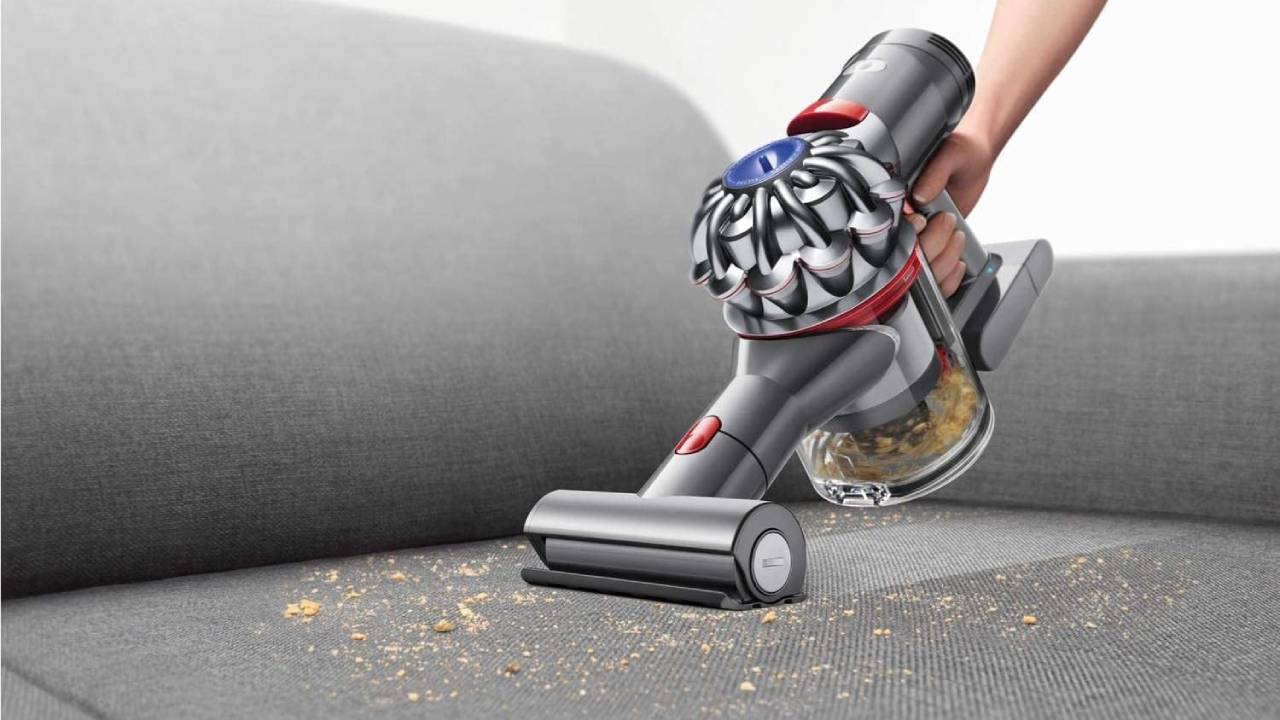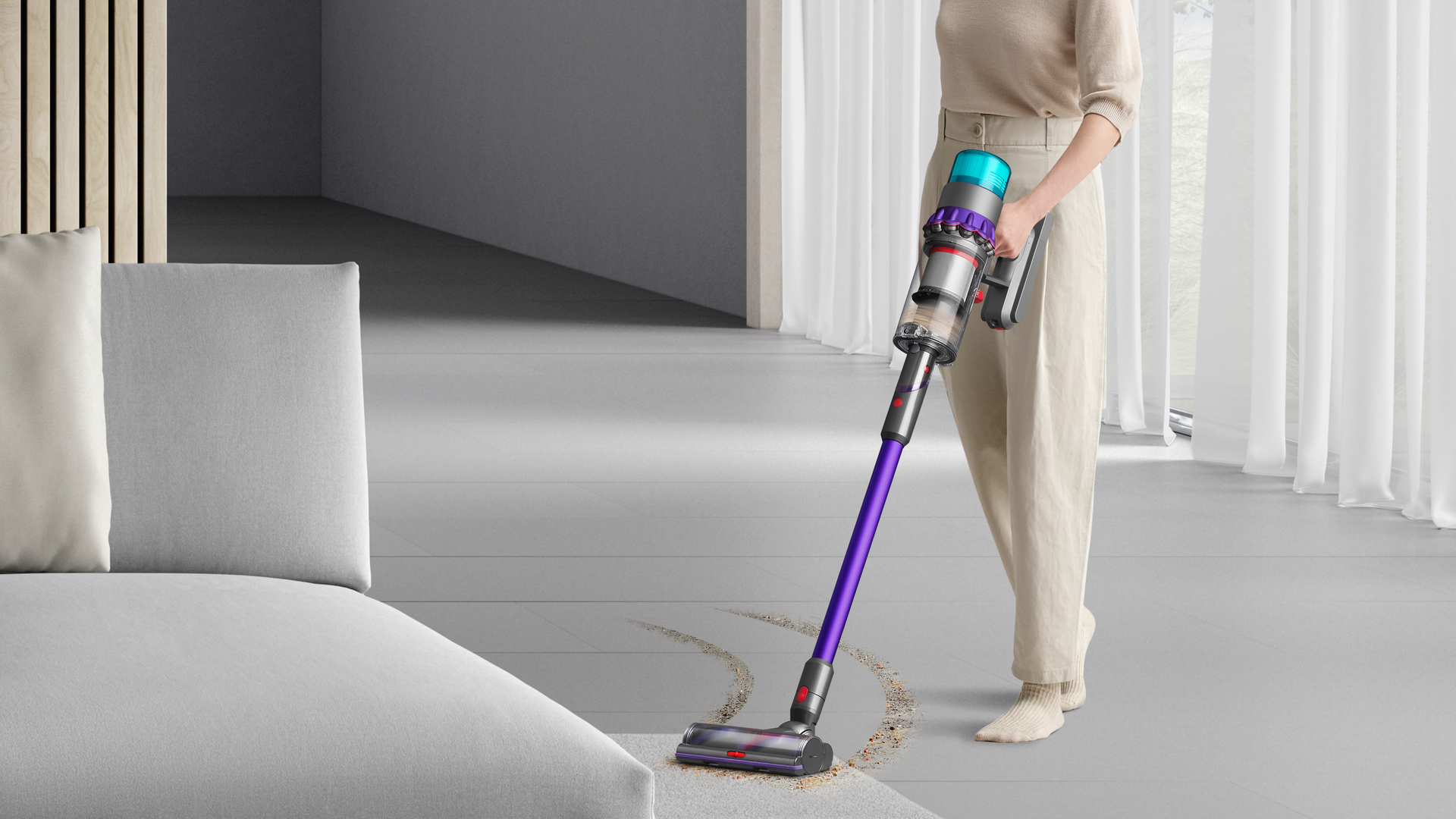
Dyson has just released its annual global dust study, and the results are surprising! The study has revealed that the UK has had a major shift in cleaning habits since the pandemic, with many people having a lack of awareness about viruses and allergens lurking in homes.
British multinational technology company, Dyson has always had cleaning at the forefront of its brand, having launched its first vacuum cleaner in 1993. Dyson has quickly become the go-to brand for vacuums and has since expanded into haircare. Its latest addition to its collection of the best Dyson vacuum cleaners delivers a power cordless clean with a sleek design and a laser dust detector (see our Dyson Gen5 detect review for more details).
Today, Dyson announced the findings of its annual dust study, something the brand has been doing for several years now. Having visited the Dyson campus myself, dust is a huge focus to Dyson as it has its very own dust lab where microbiologists look into different types of dust to see how to clean it more hygienically and effectively.
The Dyson 2023 global dust study was conducted by Dyson’s in-house team of microbiologists and involved over 30,000 participants from 39 countries. Through extensive research of dust mites and dirt, Dyson microbiologists analysed dust particles measuring between 0.1 microns to 70 microns to see what type of cleaning schedules people have been following to keep their home fresh and hygienic.
The results from the Dyson global dust study showed that there’s been a significant reduction in the number of people maintaining a regular cleaning schedule in the last year. Research found that cleaning habits are slipping globally post-pandemic, with many people cleaning in a reactive way rather than a proactive way.
The Dyson global dust study found that 60% of people globally (47% in the UK) admit to only cleaning their homes when they can visibly see dirt and dust. This result has risen by around 20% since 2022. Around 41% of people claim to have a regular cleaning schedule, which has dropped by 15% since last year, indicating that more and more people are becoming less disciplined about cleaning their homes.

Dyson discovered from its global dust study that many Brits are unaware of viruses, bacteria and other hidden allergens in household dust. 67% of study participants in the UK said they were unaware that viruses can be found in dust and around 27% didn’t know that viruses can survive on surfaces for over two days without cleaning.
Microscopic dust like dust mite allergens and pet dander can have a large impact on your health and wellbeing. Reactively cleaning after seeing isn’t recommended by Dyson as there are still allergens and dust that could be lingering around your house that aren’t visible with the naked eye. As these cleaning habits slip, you’re more likely to experience allergies, itchiness and bad hygiene.
Considering the recent outbreak of bed bugs, it’s time to start making your home cleaning a priority (see Dyson microbiologist tips for getting rid of bed bugs for more). Dyson experts state that ridding your home of dust ensures a healthier environment, but stresses the importance of ensuring your vacuum cleaner has thorough filtration.
Many vacuums can release some of its pick-up back into your home if it doesn’t have proper filters. “An essential job of a vacuum cleaner is trapping dust inside the machine and expelling cleaner air,” says Dyson. “How clean that air is, is determined by its filtration system; whereby filter design, airflow pathways, and machine sealing work together to ensure the dust that’s sucked up is not expelled back into the air.”
Replacing your vacuum cleaner’s filter or investing in a vacuum with a HEPA filtration system (like the new Dyson Gen5detect) can keep dust and allergen particles trapped in the bin and removed from the home environment.







